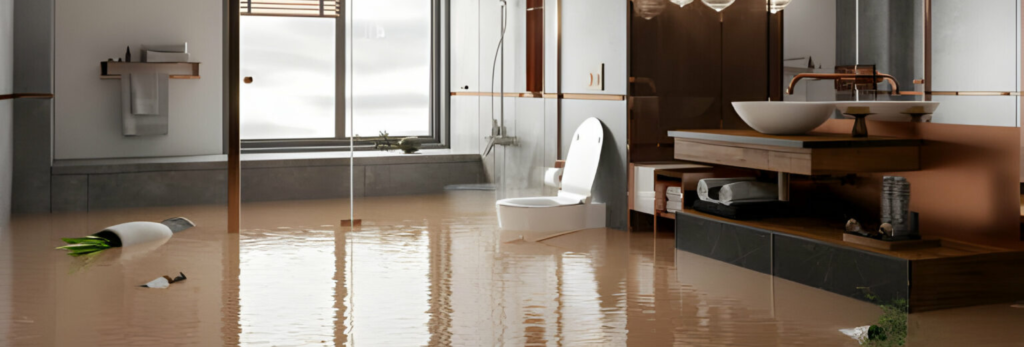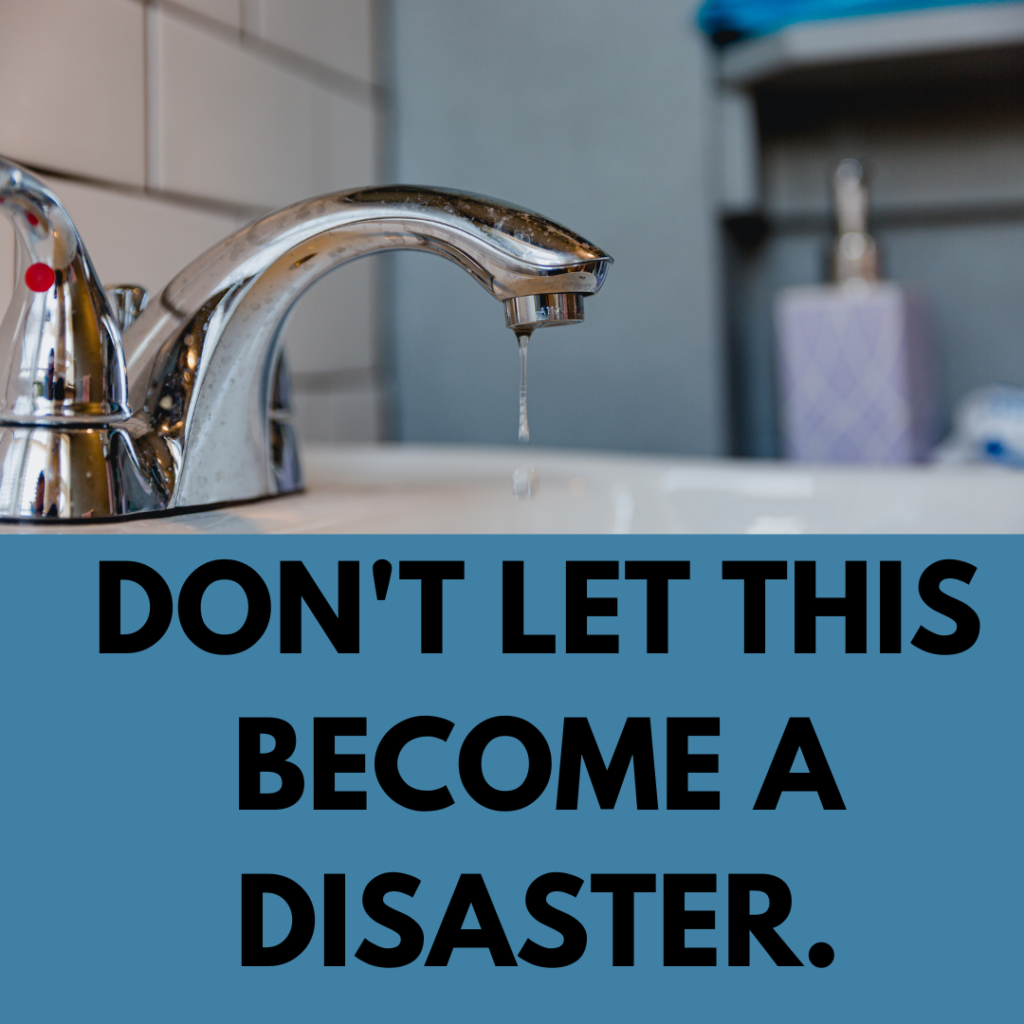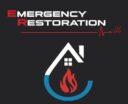Expert Water Damage Services
Act Fast – Call Now To Reach our Rapid Response Team
615-715-2211

Posted onTrustindex verifies that the original source of the review is Google. There was constant communication and updates about my repairs, and they met the deadline I needed to be prepared for a guest to stay at my home during the Thanksgiving holiday. They also reached out to the insurance company to have the estimate adjusted for my claim. Grateful that I can be in my home fully for the holidays!Posted onTrustindex verifies that the original source of the review is Google. Can't say enough. I have a rental property in Nashville and had a roof leak. These guys not only worked with my tenant who did not make it easy but also worked with my insurance company to make sure everything went smoothly. It is hard not being there but I am thankful I found this company. The communication was was amazing and the went above and beyond of what they needed to do. If anything ever happens again I know exactly who to call and will not be worried one bit. HIGHLY RECOMMENDED.Posted onTrustindex verifies that the original source of the review is Google. Emergency Restoration TN did an amazing job fixing the rotten wood framing in my garage from termite and water damage. Caleb was incredibly professional, friendly, and truly went above and beyond anything I expected. The whole process was smooth and stress free, and the finished work looks fantastic. I’m really grateful for their help and would highly recommend Emergency Restoration TN to anyone who needs honest, reliable, and high quality work done on their home.Posted onTrustindex verifies that the original source of the review is Google. Highly recommend this company. Very friendly and responsive from the start. Did a very thorough job. These folks are on point.Posted onTrustindex verifies that the original source of the review is Google. Had the ceiling painted and it looks great! Also, they spent a lot of time masking off the area prior to painting to ensure no mess was made.Posted onTrustindex verifies that the original source of the review is Google. Experienced, knowledgeable, punctual, & they actually care! Robert & Caleb are second to none in the restoration business. My wife & I will continue to recommend Emergency Restoration to everyone!Posted onTrustindex verifies that the original source of the review is Google. I had a mildew problem in my bathroom Emergency Restoration TN quickly identified the problem, made a recommendation and resolved it in a quick and professional manner. I would definitely use them again and as a matter of fact asked them to bid on additional job at our home.Posted onTrustindex verifies that the original source of the review is Google. Thank you, Rob and team, for your exceptional work! They exceeded expectations, ensuring our home was expertly repaired after flood damage. Their knowledge, professionalism, and dedication to finding the best solutions were outstanding. Highly recommend!Posted onTrustindex verifies that the original source of the review is Google. My experience with Emergency Restoration of Tn, was way above average. There work was done in one day. I could not believe the quality and professionalism that company has and how much they go out of their way to make sure the customers are happy with everything. I would definitely recommend them to anyone who needs work done. Thanks Rob for everything. Jerry C.Load moreVerified by TrustindexTrustindex verified badge is the Universal Symbol of Trust. Only the greatest companies can get the verified badge who has a review score above 4.5, based on customer reviews over the past 12 months. Read more
Water Damage Restoration Process
Our Services
Every water disaster is different and unique. This is a general restoration process.
Emergency Contact & Assessment
We respond 24/7 to assess the damage, identify the water source, and create a restoration plan.
Water Extraction & Removal
Using powerful pumps and vacuums, we remove standing water to prevent further damage and mold growth.
Drying & Dehumidification
Air movers and dehumidifiers dry affected areas, ensuring no moisture remains in walls, floors, or furniture.
Cleaning & Sanitization
We disinfect surfaces, clean belongings, and use antimicrobial treatments to prevent mold and odors.
Structural Repairs & Restoration
From minor repairs to full reconstruction, we restore your property to its pre-damage condition.
Final Inspection & Prevention Tips
A final check ensures quality restoration, and we provide tips to help prevent future water damage.
Hassle-Free Insurance Claims – We Help Manage the Paperwork!
we work with your insurance
We understand how stressful water damage can be, which is why we work directly with your insurance company to make the claims process as smooth as possible. Our team handles the documentation, provides detailed reports, and communicates with your insurer to ensure you get the coverage you deserve. From start to finish, we take the hassle out of the process so you can focus on getting your home or business back to normal—quickly and stress-free.
Water damage can occur unexpectedly.
Whether from a leaking pipe, burst pipe due to freezing weather, a malfunctioning sprinkler system, or a faulty appliance like a washing machine or dishwasher. Natural disasters such as hurricanes, tornadoes, or high winds can also cause roof damage, leading to water intrusion into your home or business.
Restoring your property to its original condition is our priority. Insurance typically covers most, if not all, of these accidents. Our team of professionals is available to address any water damage issues that may arise. Let Emergency Restoration TN help you get back into your home or business.

Winterize Your Home And Prevent Water Damage
Winterizing your pipes is crucial to prevent freezing and potential bursts. Here are some practical steps to safeguard your home from bursting pipes during the cold months:
Call For a Free Consultation
615-715-2211
- Insulate Your Pipes:
- Keep your pipes snug by insulating them. Use foam rubber or fiberglass sleeves to wrap around exterior pipes and those in uninsulated areas. This can help maintain the water temperature above freezing and causing the pipes to burst.
- Turn Off Outdoor Faucets:
- Since you won’t be using outdoor faucets during winter, turn off the external water supply. Locate the isolation valves leading to the outdoor water lines (usually in your basement or crawl space). Drain the outside faucets and remove hoses.
- Clear Gutters and Drains:
- Remove debris from gutters and drains to allow water to flow freely. Lingering water can freeze and block pipes, potentially causing damage. If not drained properly the water could turn into ice and become too heavy for your gutters to hold.
- Keep the Heating On:
- Maintain a consistent indoor temperature by keeping your heating system on. The warm temperature also warms the pipes.
- Let Closed-In Pipes Breathe:
- Open cabinet doors under sinks to allow warm air from your home to reach pipes located there. This simple yet not well-known step can make a big difference.
- Check Your Attic and Basement:
- Inspect these areas for any exposed pipes. Insulate them to protect against freezing. You can also use exterior faucet covers for outdoor faucets.
Remember, a little preparation goes a long way in avoiding emergency repairs and costly damage due to frozen and burst pipes. Stay warm and keep the house dry.
